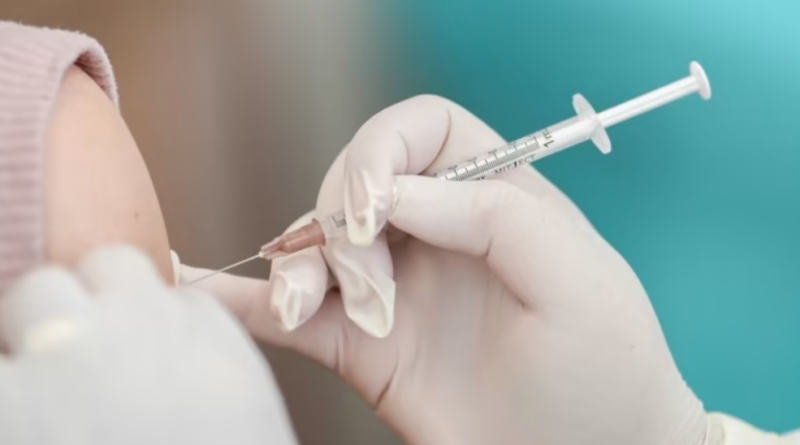COVID vaccinations do not affect menstruation 2023
After receiving mRNA injections from Pfizer/BioNTech and Moderna, some women have observed menstrual cycle alterations. The EU’s medicines watchdog advised including heavy periods as a vaccination adverse effect. Experts say anti-vaccine groups have exaggerated it online to propagate disinformation about the risks of inoculation.
After receiving mRNA injections from Pfizer/BioNTech and Moderna, some women have observed menstrual cycle alterations.
The EU’s medicines watchdog advised including heavy periods as a vaccination adverse effect. Experts say anti-vaccine groups have exaggerated it online to propagate disinformation about the risks of inoculation.

The new study examined patient data from Sweden’s health registry, which includes roughly three million women, 40% of the female population.
The greatest investigation on COVID-19 vaccination and menstruation difficulties found no association.
The new study’s principal author, Swedish Medical Products Agency professor Rickard Ljung, told AFP it was “by far” the largest. He claimed it was the first to use independent data on whether women sought medical help for menstruation issues.
Self-reported data from period-tracking apps has shown that some women’s menstrual cycles shift following vaccination.

“What we show is that it does not seem that these (potential) disturbances are so severe that they have led to the women seeking medical attention,” Ljung added.
The researchers noted that self-reported menstruation difficulties might be “sufficiently disturbing” but not severe enough to need medical attention. Media attention can “stimulate” self-reported statistics.
From December 2020 to February 2022, Swedish women aged 12-74 received the Pfizer, Moderna, and AstraZeneca vaccines in three doses.
After controlling for factors, immunization did not cause menstrual irregularities in pre-menopausal women.
After the third dosage, post-menopausal women sought medical care for menstruation issues.
The study found “weak and inconsistent” correlation between the two parameters. The BMJ investigation concluded that “findings do not provide substantial support for a causal association” between Covid vaccines and seeking medical treatment for menstruation or bleeding issues.


